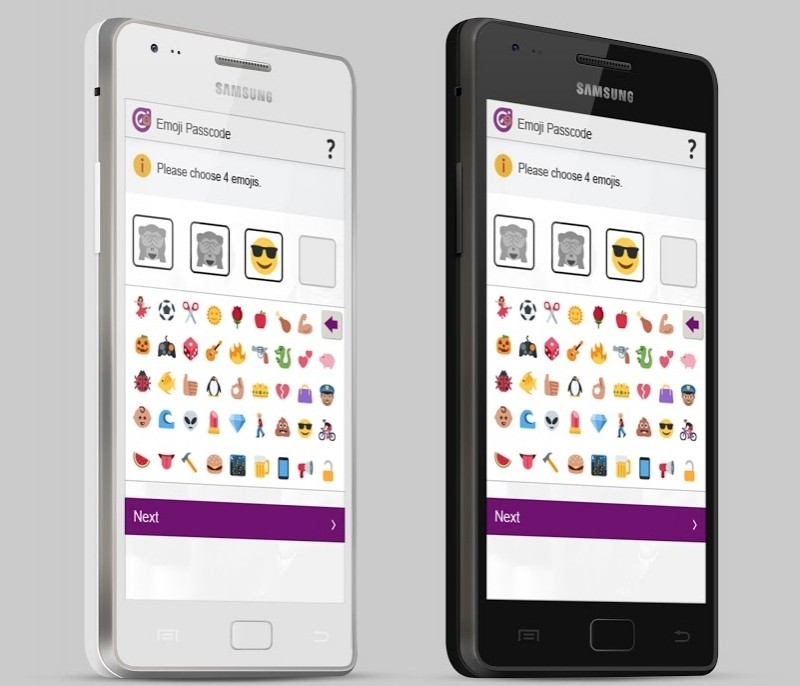
Emojis have long since replaced the simple colon + parentheses digital smiley face. The popular visuals, whose translation literally means “picture character,” originated in Japan and since taken the world by storm.
Their use, however, could become a lot more widespread if a new implementation from Intelligent Environments catches on.
The UK firm, known for making digital banking software, has launched the world’s first emoji-only passcode. Non-millennials are probably rolling their eyes at the thought but hear it out as it makes a lot of sense.
For starters, four-character emoji passwords are much more secure than the traditional four-digit PIN. In its press release, Intelligent Environments notes that there are 480 times more permutations using emojis over traditional four-digit passcodes. What’s more, emoji use will prevent careless users from relying on easy-to-guess numerical passcodes like a birth date or a wedding anniversary.
Research shows humans have an easier time remembering pictures versus digits or words. This could lead to fewer forgotten passcodes, something we can all get behind.
As memory expert Tony Buzan points out, remembering pictures is anchored in our evolutionary history (remember hieroglyphics?). We remember more information when it’s in pictorial form which is why the emoji passcode is better than traditional PINs.
It’s clear that emojis may not be the end-all solution to replacing passwords but the idea certainly seems a bit more robust than traditional numerical-based passcodes.
Do you think emoji passcodes will catch on? Would you be willing to swap your numerical PIN for a character-based solution? Let us know in the comments section below.
https://www.techspot.com/news/60990-here-why-emojis-better-than-numerical-based-pins.html